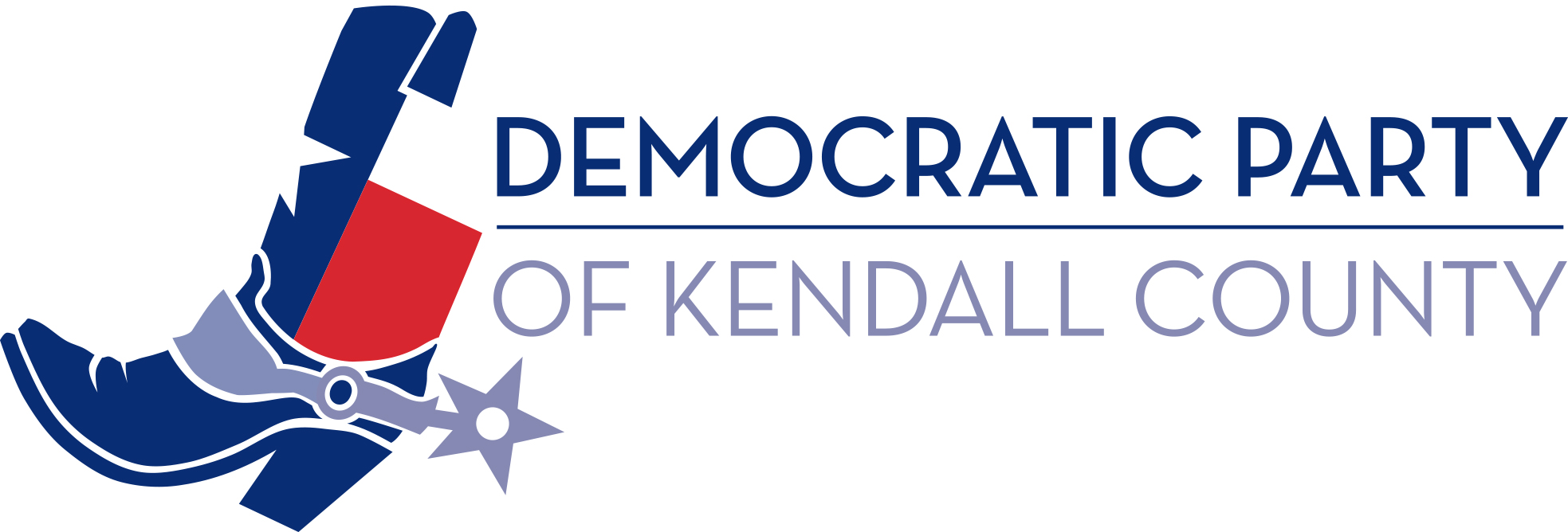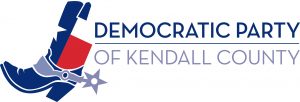Ben Eldredge represents the Cow Creek Groundwater Conservation District on the recently-formed Boerne-Fair Oaks-Kendall County Transportation Planning Committee.
Ben recently explained his vision of what he hopes that committee can help to accomplish with its work.

I’m Ben Eldredge and I was nominated to this committee by the Cow Creek Groundwater Conservation District. I also serve on the City of Boerne’s Unified Development Code committee. I am grateful to play a part in these important planning effort that will influence the growth patterns, quality of life, natural environment, Hill Country character and transportation in southern Kendall County for current and future generations.
On this committee we have engineers, transportation experts, smart-growth advocates, representatives for the school board and the business community, groundwater experts, environmental organizations, citizen representatives, and other perspectives, knowledge and skills that I am not yet aware of. I genuinely look forward to collaborating with all of you.
It is clear to me that a multi-disciplinary approach and significant stakeholder engagement is necessary to achieve a sensible and actionable plan. Previous transportation plans that have been proposed for Kendall County have been voted down because stakeholders were not adequately involved in the planning process. Therefore, we must thoroughly integrate the voices and values of our community into the plan that we create. To do this, we must reach out to the community in the locations where they gather and not simply expect them to come to us.
The City of Boerne is currently witnessing significant growth and the current masterplan encourages higher density development in the city core, emphasizes walkability and bike-ability throughout the region, as well as low impact development and preservation of our regions natural features. These aspects of the masterplan should encourage this committee to transcend the auto- centric transportation approaches employed by most cities during the 20th century.
The historic focus on auto-centric design has resulted in expensive infrastructure, high long-term maintenance costs, few transportation options for the financially disadvantaged, seniors and children, as well as congestion and diminished quality of life. This is why cities across the country are retrofitting their infrastructure to facilitate multi-modal transportation including “micro-mobility” (electric bikes, scooters, single occupancy vehicles) and public transportation.
Additionally, the current race to develop self-driving vehicles is outpacing the predictions of experts and could arrive before a Kendall County transportation plan can be implemented. This technology may facilitate efficiencies that reduce traffic congestion and enable roads with fewer lanes. We don’t yet know what will unfold, but I encourage this group to consider that our current transportation paradigm is already being disrupted and we would be wise to consult experts who are exploring the implications of new mobility technologies.
With all of this in mind, my goal for this transportation planning committee is to create a 21st century transportation plan that accounts for a broad set of values, including:
- Safe and accessible mobility for current and future generations of all ages, demographics, economic situations, and mobility preferences.
- Protection of the water supply, including recharge features, water quality, springs, streams, and other environmental flows.
- Careful stewardship of the natural landscape, wildlife, and ecology of this region.
- Respect for property owners and their desires for their land.
Solutions should be determined through the consilience of multiple methodologies, including:
- Data beyond just traffic studies, including community values, individual needs relating to mobility, environmental and geologic data.
- Public input through surveys and outreach to all ages, demographics and economic situations, by going to schools, churches, food-banks, business groups, organizations and dining establishments, etc.
- Data-sets that are objective and qualitative, temporal (time-related) and locational.
- Expert advice from numerous resources spanning municipal organizations, academic institutions, national organizations, and professional consultants.
- Solutions that maximize the utility of existing infrastructure, multi-modal transportation and micro-mobility.
- Incorporating environmentally sensible land use planning and Geographic Information Systems (GIS) to visualize information on the landscape and plan accordingly.
- Surveying landowners for willingness to host a road with a goal of seeking routes where landowners prioritize future land development.
- Facilitation by an independent consultant with context-based design experience.
Here is what success might look like:
- Citizens have contributed significantly to the plan and are confident that it is a good plan.
- Landowners seeking to preserve or conserve their land for natural or historic purposes are not negatively impacted.
- Efficiency is maximized through the use of existing infrastructure, including improved connections between neighborhoods, and strategies for reducing traffic impacts caused by existing and future schools and centers of commerce.
- Equitable transportation options are provided for all segments of our society and culture.
- Seniors, kids, everyone can navigate the community safely and efficiently to access schools, churches, commercial locations and amenities.
- Transportation options include walking, biking, and micro-mobility that are safe and enjoyable.
- Quality of life is enhanced through exposure to nature and architectural characteristics embedded in the mobility experience, perhaps including dedicated bike/walk paths along streamsides.
- Water quality, streams and groundwater recharge features are protected and preserved.
- The infrastructure plan accounts for self-driving vehicles and likely advancements in public transportation.
Are you interested in staying informed about developments in Kendall County transportation planning?
- Participate in the Alamo Area Metropolitan Planning Organization’s Transportation Improvement Plan public meetings, either in person or online, between now and October 4, 2019.
- Stay up to date on the Kendall County Transportation Planning Committee’s activities through the county’s website or online groups such as Protect Our Hills Kendall County.
- Contact info@kendalltxdemocrats.org and we’ll help you get more information.



